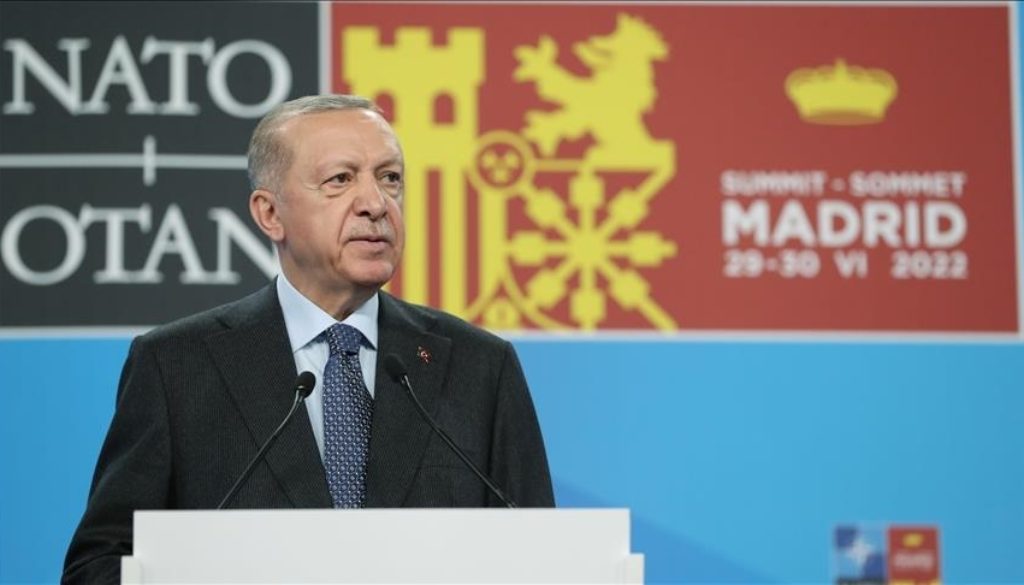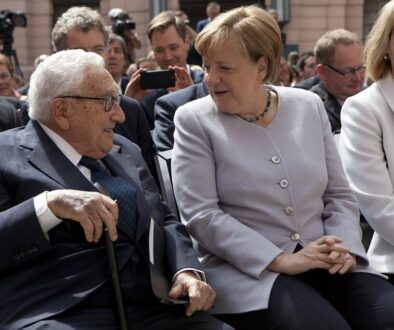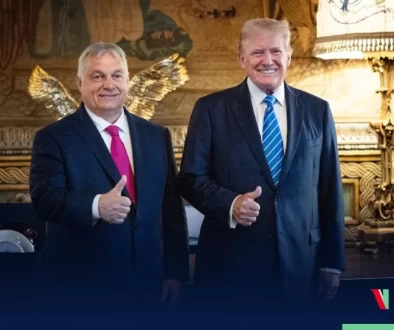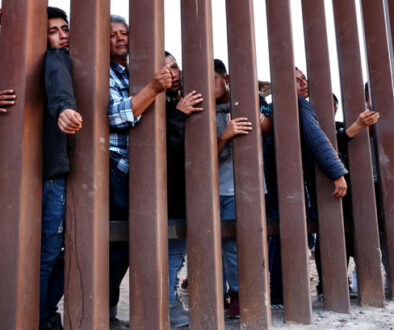Turkey-Sweden-Finland deal: “A manifestation of deep misunderstanding”

“Turkey’s Erdoğan threatens to derail Nato enlargement again”. That was the title of a Financial Times report that appeared in the online edition of the London newspaper in the evening of 30/06/2022. The report ends with what Toni Alaranta, a Turkey expert at the Finnish Institute of International Affairs, wrote on Twitter in response to remarks by the Turkish president: “It seems the memorandum of understanding between Turkey-Sweden-Finland is a manifestation of deep misunderstanding”. Therefore, he added, they will have “a huge task to actually solve this before we get to any ratification”. Let’s see why he said that…
According to the Turkish president Recep Tayyip Erdogan, as reported by Financial Times correspondents Henry Foy from Madrid and Laura Pitel from Ankara, there is a risk that the Turkish parliament will reimpose a veto on Sweden’s bid to join NATO if that country fails to extradite the 73 people Ankara accuses of terrorism.
“No such commitment appeared in the text of a joint memorandum that was signed by Turkey along with Sweden and Finland this week in an eleventh-hour deal on the eve of a Nato summit that appeared to have overcome Turkey’s objections to the admission of the two Nordic nations to the western military alliance”, the FT report points out.
According to the FT report “the text said that Stockholm and Helsinki would “address” Turkey’s pending deportation or extradition requests”.
Erdoğan’s “clarifications”, during the final press conference of the NATO summit, spoiled “what had up to then been an event focused firmly on projecting western unity”.
Mr Erdoğan told reporters: “Sweden has given us the promise that 73 terrorists will be extradited and deported to Turkey . . . We will see whether they will give them or not.”
The Turkish president warned that Sweden and Finland’s entry into Nato “would not happen” unless ratified by his country’s parliament, which is controlled by his ruling Justice and Development party and its ultranationalist allies.
He said: “Sweden and Finland must keep their word. If they don’t, this [ratification] will not come before parliament.”
Stockholm had previously stressed that decisions on extraditions are made by the Swedish judicial system rather than politicians.
In fact, there is “a significant increase on the number of people that Erdoğan asked to be extradited in earlier stages of the negotiations”.
The deal reached with the two Nordic nations was praised by Turkish officials as “victory” for Erdogan which also secured “a long-coveted meeting” with USA President Joe Biden for him.
During that meeting though, Mr Biden could not give Mr Erdogan a definite promise regarding “the sale of US F-16 jets to Turkey, which is seeking the aircraft to plug a gap in its air force”.
Based on what he told reporters, Mr Biden only went as far as saying “we should sell them the F-16 jets and modernise those jets as well”.
“The vague language used” leaves a “huge scope for disagreements”. That’s the true picture, as cautioned by “some analysts”, after the signing of the memorandum, which was struck by the three countries and brokered by senior NATO officials, as summarised by the F.T. correspondents.
Erdogan faces a challenging campaign for re-election. Elections must take place before June 2023. There are western officials who, according to the F.T. correspondents, “could reignite the row in an attempt to shore up his public support”.
Toni Alaranta, a Turkey expert at the Finnish Institute of International Affairs, wrote on Twitter in response to Erdoğan’s remarks: “It seems the memorandum of understanding between Turkey-Sweden-Finland is a manifestation of deep misunderstanding.”
The three countries would have a “huge task to actually solve this before we get to any ratification”, Toni Alaranta concluded.


